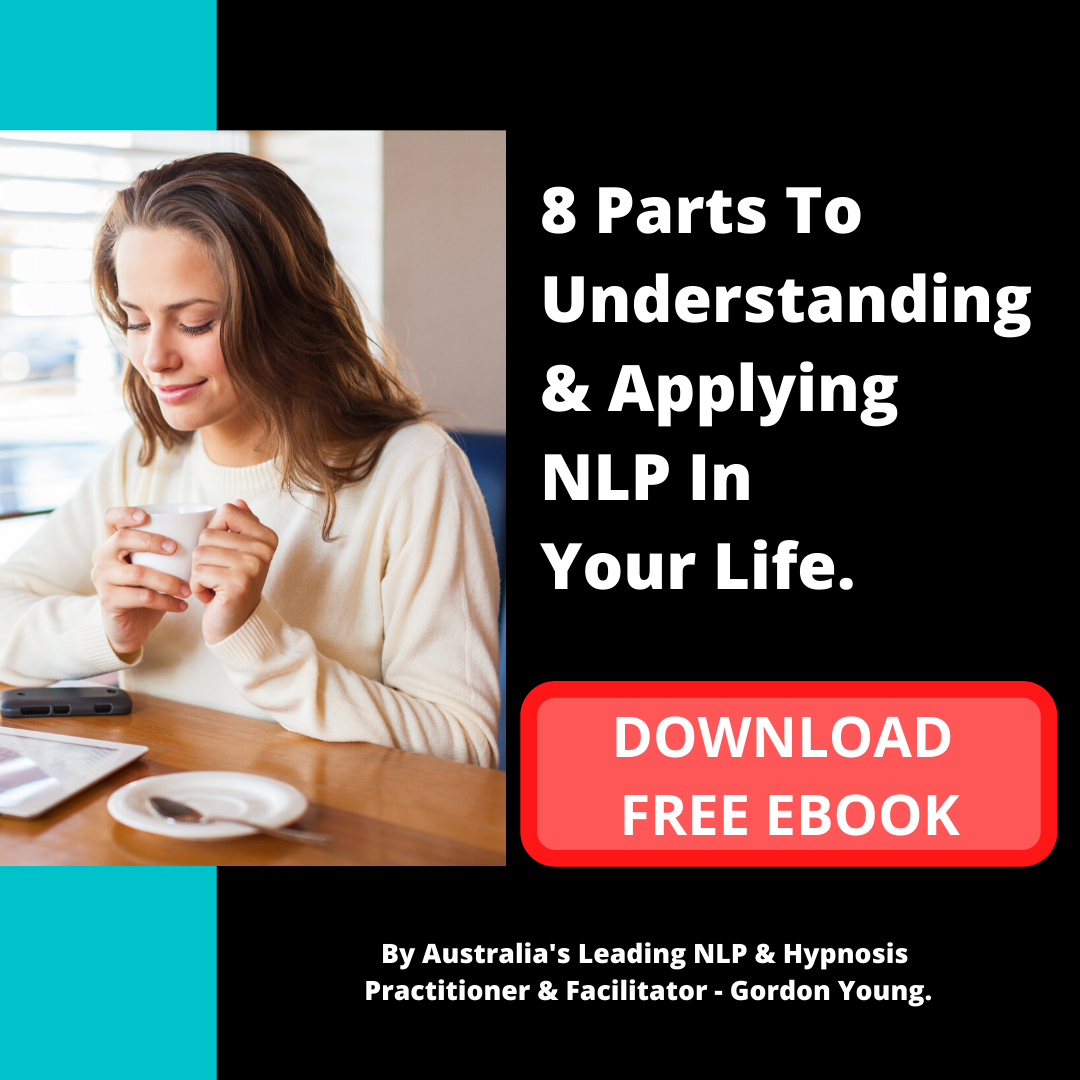Can Hypnotherapy Help with Trauma and PTSD? What the Research Says
Trauma and post-traumatic stress disorder (PTSD) affect millions worldwide, including many Australians. According to the Australian Bureau of Statistics (ABS 2023), about 5.7% of Australians (1.1 million people) experience PTSD in any given year. Causes include motor vehicle accidents, childhood trauma, domestic violence, workplace injury, and combat exposure.
Hypnotherapy is increasingly being explored as a therapeutic option. But does it actually work for trauma and PTSD? Let’s look at the research, the Australian context, and the practical applications.
What is Hypnotherapy?
Hypnotherapy uses guided relaxation and focused attention to access a heightened state of awareness—often called trance. In this state, people can work through trauma memories and reframe emotional responses.
Various forms of hypnotherapy exist. IAP teach modern clinical hypnotherapy and helps therapists learn how to tailor their client sessions. Watch this to learn more.
Research Evidence
The following research illustrates the potential outcomes that can be achieved for a range of clients and life circumstances.
- A 2022 Cochrane review found hypnosis, when combined with cognitive behavioural therapy (CBT), improved treatment outcomes for anxiety and trauma compared to CBT alone.
- The American Journal of Clinical Hypnosis (2021) published a meta-analysis showing hypnotherapy reduced trauma-related anxiety by an average of 32% after six sessions.
- An Australian study from Flinders University (2023) showed that veterans using hypnotherapy reported an average 40% reduction in intrusive memories after eight weeks.
How Hypnotherapy Could Help PTSD
1. Hypnosis could help reduce physiological arousal by triggering the relaxation response, which lowers heart rate and cortisol levels.
2. Hypnosis could help reframe traumatic memories: Through imagery and suggestion, traumatic memories are processed in a safe environment.
3. And, hypnosis could help improve sleep. Many PTSD sufferers struggle with insomnia; hypnotherapy could help enhance sleep quality.
Checklist: How to Find a Qualified Hypnotherapist
- Confirm qualifications: Look for government-accredited training. (e.g. 11271NAT Diploma of Clinical Hypnosis and Strategic Psychotherapy).
- Check membership: Hypnotherapy Council of Australia (HCA) or similar professional body, such as the GHSC in the UK.
- Ask about their experience and areas of expertise to see if they are the right therapist who could help you.
Whilst hypnotherapy isn’t a magic cure, evidence suggests it could be a powerful complement to other established therapies. For many Australians, it is said that it helps provide relief from symptoms, especially when other methods have plateaued.
Ready to Explore Your Path?
If you’re curious about using hypnotherapy to help clients, call 1300 915 497 and speak to one of our course advisors today. We’ll help you choose the best pathway to suit your goals, lifestyle and vision for your future.








